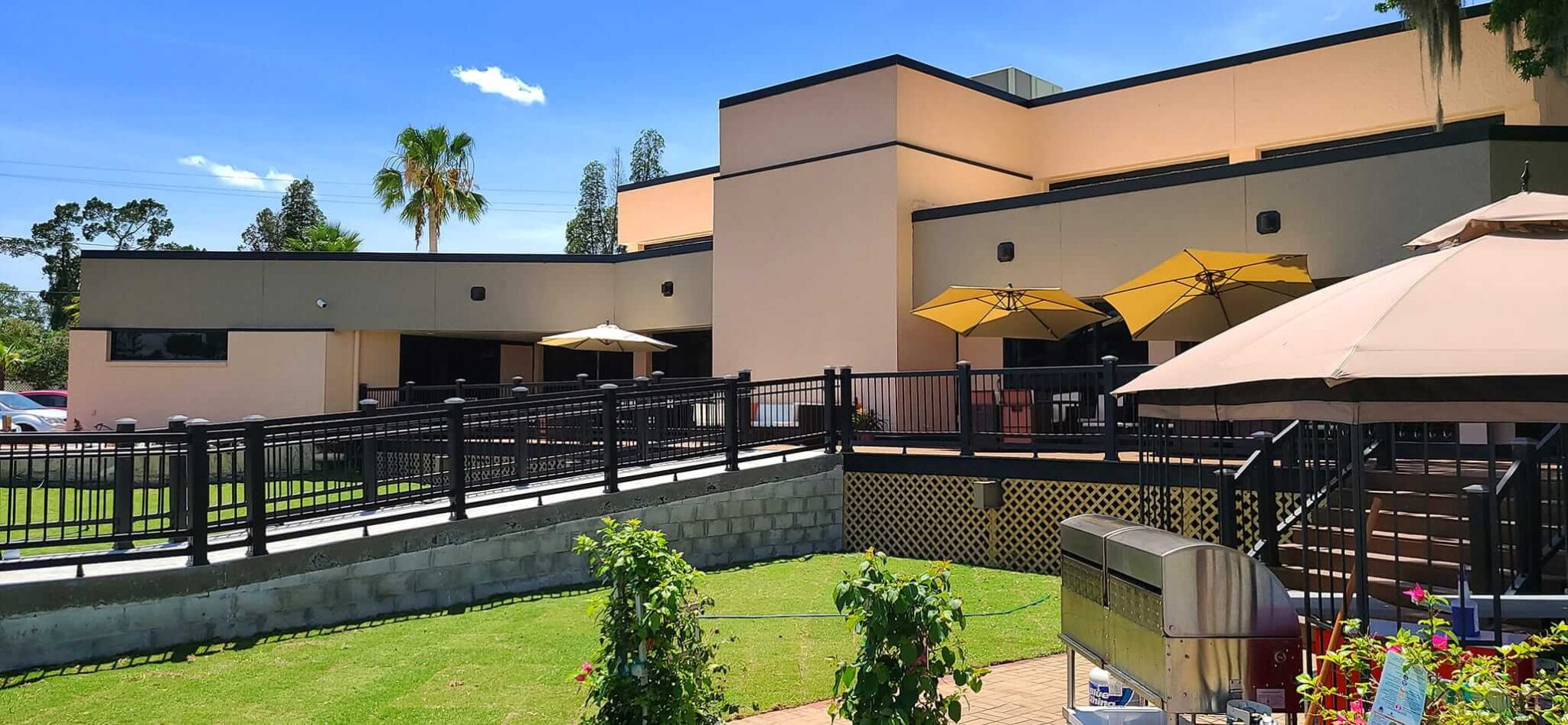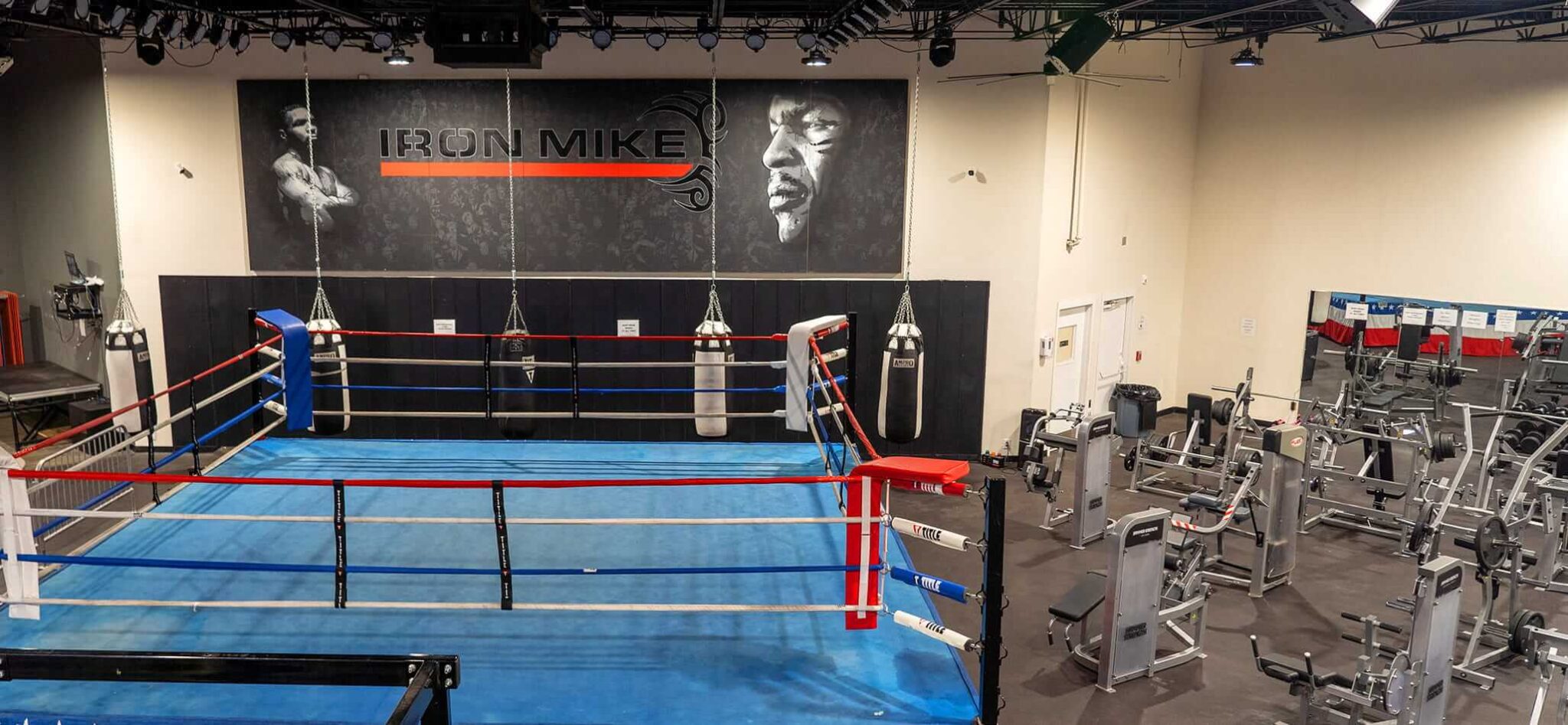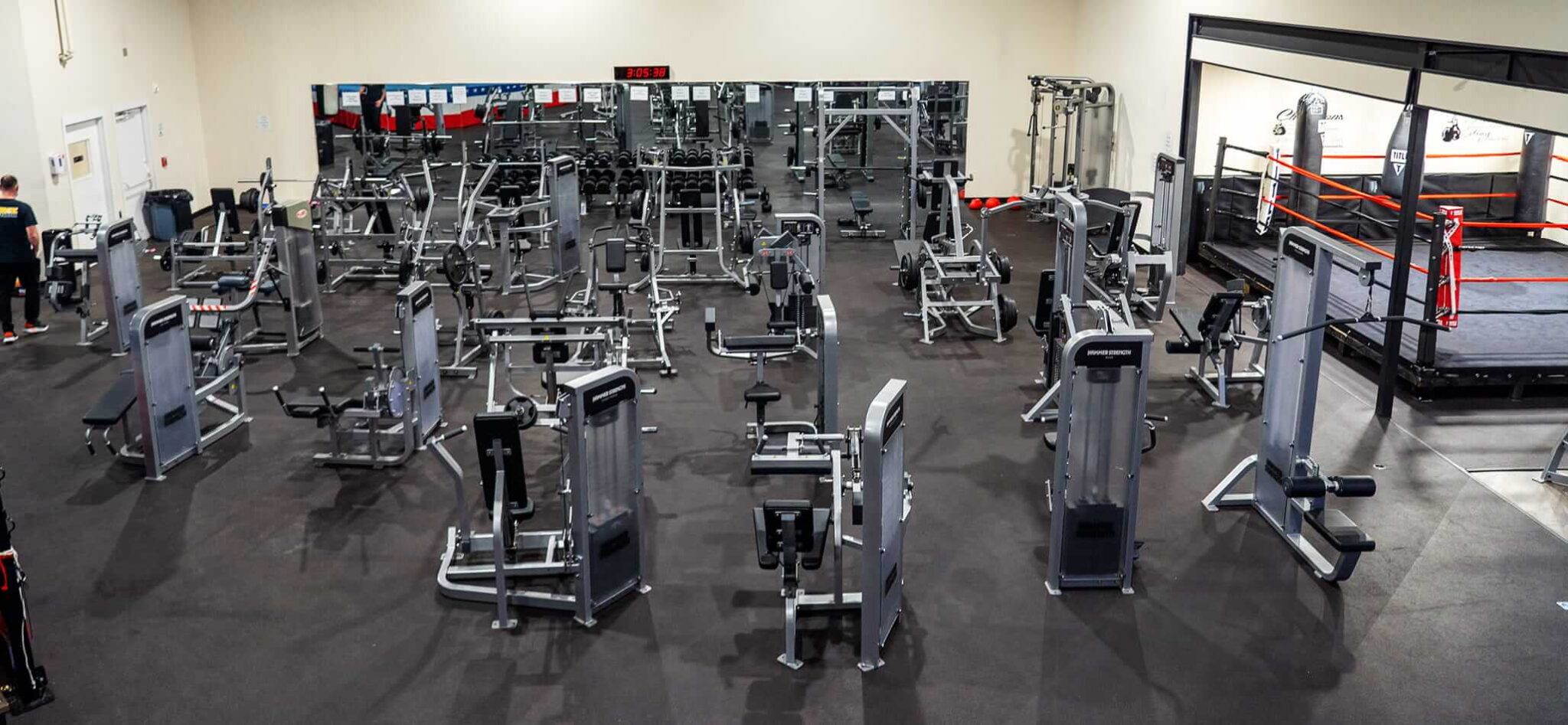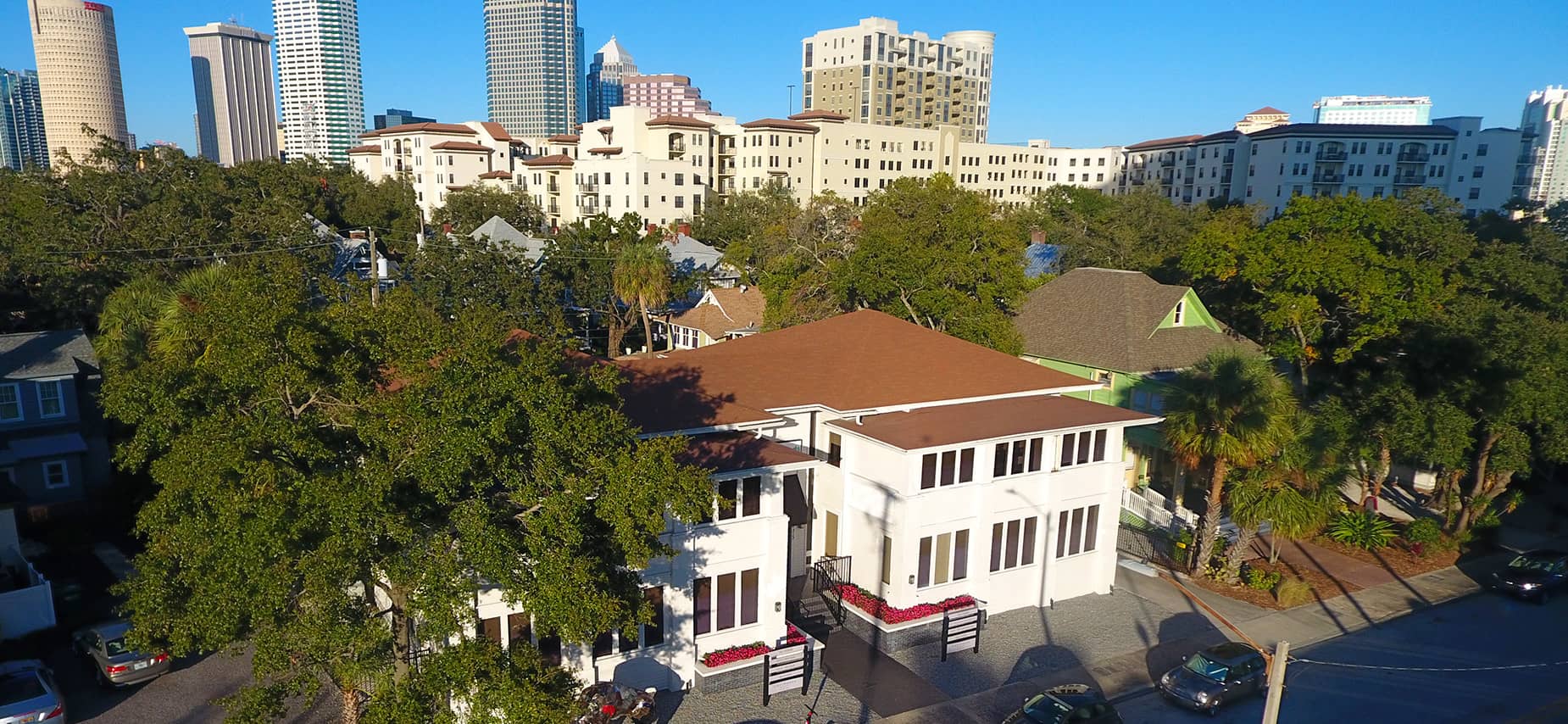Early Signs of Relapse: Addiction Relapse

Recognizing the early signs of relapse is crucial for people who are recovering from any form of substance addiction. A person who has been addicted to alcohol, illicit drugs, or prescription drugs must manage their addiction effectively to keep relapse at bay. Since substance use disorders are chronic conditions, they require ongoing maintenance to ensure that triggers don’t reignite the substance abuse.
At WhiteSands, we offer a full spectrum of addiction treatment programs designed to support lasting recovery. As part of treatment, we help clients develop relapse-prevention strategies so that when their triggers surface, they are able to manage them successfully and prevent them from causing a physical relapse. Addiction relapse does involve early signs. People don’t just wake up and use drugs or alcohol again without some warning signs. Being mindful of those warning signs is imperative in order to prevent full relapse from occurring.
If you are living with an addiction and working to achieve your recovery goals, it’s important to learn about the early signs of relapse and how to manage them. WhiteSands can help you build a strong recovery foundation, which is its own best defense against the triggers of relapse. High-quality addiction treatment addresses each aspect of addiction, helping clients understand their condition so they can manage it.
The Reality of Addiction Relapse
Addiction relapse is an unfortunate aspect of substance use disorders, which are characterized as chronic relapsing conditions. In short, the reality is that relapse is a part of the disorder. Even so, relapse does not have to occur. With effective prevention strategies, people with drug or alcohol addictions can maintain their recovery journey without relapse.
When relapse does occur, it can be emotionally distressful. Individuals often feel an emotional weight because they’ve used drugs or alcohol again after trying so hard not to use them. The problem occurs when people continue to use instead of returning to their recovery plan. People might give up their dream of sobriety because they’ve relapsed so often.
We tell clients that relapse is a sign of the disease, but it does not mean that treatment has failed. It means that more treatment is needed just as if people suffered from a relapse of a physical health condition. In such cases, patients return for medical treatment. The same is true for relapse. People who relapse need to revisit their treatment plan and goals and do whatever it takes to stop using drugs or alcohol.
How Common Is Addiction Relapse?
Addiction relapse is extremely common, especially in association with certain types of addiction. For example, methamphetamine addiction involves an extremely high relapse rate. Even after treatment, people with a meth addiction are more than 90% likely to relapse.
A substance addiction changes the chemistry of a person’s brain. In that regard, they become ‘wired’ to use whatever substance they developed the addiction to. Meth is extremely addictive, but relapse can be prevented with robust strategies for keeping triggers to use well managed.
Other substances are also highly addictive. Substances such as alcohol, opioids, and cocaine involve high relapse rates too, but any addictive substance can trigger relapse under certain circumstances like periods of high stress. Clinicians of WhiteSands coach clients to understand the signs of relapse so they can identify them as soon as possible. Managing triggers in their early stage is easier than managing them once they become more powerful. Even though triggers can be challenging to manage, they can be managed, and WhiteSands is here to help.
Physical and Behavioral Early Signs of Relapse

Relapse happens in stages according to medical experts and addiction specialists. Ideally, it’s best to catch those early signs of relapse before they result in taking a drink or using a drug. If you notice early signs of relapse, it’s important to address them.
First, get to know the early physical and behavioral signs of relapse. These include things like changes in sleep patterns, experiencing flu-like symptoms, and personal neglect. These signs might start off small. A person might decide not to shave or shower one day. They might neglect other aspects of their appearance. They might neglect cleaning their home or adhering to their typical schedule. Some people might begin to neglect aspects of their job or classes. The physical and behavioral signs might seem minor at first, but that’s when it’s easiest to get back on track.
Watch for behavioral signs such as an increase in secretive behavior. Although everyone is entitled to their privacy, an increase in secretiveness can be an early behavioral sign of relapse. A change in social circles might indicate a problem too. Associating with people who drink heavily or use drugs is definitely a behavioral sign of relapse that could spell relapse quickly.
Other physical and behavioral warning signs of relapse include changes in appetite, changes in sleep patterns, becoming more isolated, returning to former locations where drug or alcohol abuse took place, refraining from recovery activities (i.e. attending 12 step group or other aftercare), justifying former lifestyle, and reverting to old, unhealthy habits. Any of these signs can signal that relapse is imminent.
Emotional and Psychological Warning Signs
A person may also exhibit emotional and psychological warning signs of relapse that can be extremely problematic for their recovery journey. Emotional instability is a serious trigger. Experiencing increased stress can pave a path to physical relapse as well. Negative emotions are major triggers of relapse. A person might experience negative emotions such as anger, guilt, sadness, loneliness, jealousy, or other unpleasant feelings. If these emotions are not managed in healthy ways, they can trigger a relapse of drug or alcohol abuse. Even though negative emotions are part of life, they can increase in severity. Individuals in recovery must rely on strategies they learned in rehab to cope with these negative feelings so that they don’t lead to relapse.
Preparing for Potential Relapse Triggers
During treatment at WhiteSands, clients learn how to manage their triggers as well as how to identify them when they present themselves. For instance, stress is a common trigger, so individuals in recovery must be mindful of the signs of stress. When they feel stressed, they might experience an increase in anger or feelings of anxiety. They might feel fearful. When they do experience these feelings, it’s important for them to take action to address them. During treatment sessions, clients learn how to address their triggers in healthy ways. Practices such as meditation, exercise, or contacting a trusted friend are a few strategies that people find helpful for managing their triggers. Some clients require medication management to help them address their unstable emotions and moods or cravings.
How WhiteSands Helps Address Relapse
WhiteSands provides clients with a full range of addiction treatment programs. Knowing the warning signs of relapse can help clients address them before they cause an actual physical relapse–which is the return of physical use of alcohol or drugs. Relapse is not a foregone conclusion even when it comes to the most addictive substances. People can prevent relapse by learning effective relapse-prevention strategies and practicing them successfully. Contact WhiteSands to learn more about our substance abuse treatment programs so that you can get your life and recovery on track.
If you or a loved one needs help with abuse and/or treatment, please call the WhiteSands Treatment at (877) 855-3470. Our addiction specialists can assess your recovery needs and help you get the addiction treatment that provides the best chance for your long-term recovery.

























